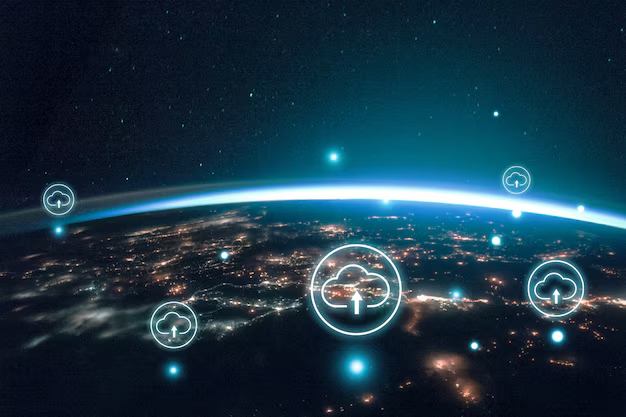The Role of IoT in Modern Smart Cities
The Role of IoT in Modern Smart Cities
The Internet of Things (IoT) has evolved from a futuristic buzzword into a foundational technology reshaping how cities operate. In 2025, smart cities are no longer just aspirational — they are becoming a global standard for urban development, driven by data, connectivity, and automation.
Understanding IoT in Smart Cities
IoT refers to a system of interconnected devices and sensors that collect and exchange data in real time. In a smart city context, IoT applications are used to improve infrastructure, optimize energy usage, enhance public safety, and deliver citizen-centric services.
Key Applications of IoT in Cities
- Smart Traffic Management
- IoT sensors and cameras monitor traffic flow, detect congestion, and optimize traffic lights in real time. This reduces gridlock and minimizes commute times.
- Waste Management
- Smart bins equipped with sensors notify collection services when they’re full, reducing overflow and improving efficiency in waste collection routes.
- Public Transportation
- Real-time updates on buses, trains, and metro services allow commuters to plan better. Cities like Dubai and Singapore already use IoT to manage public transport seamlessly.
- Energy Efficiency
- Smart grids and connected meters help reduce energy consumption by automatically adjusting lighting, heating, and cooling systems based on usage and weather data.
- Environmental Monitoring
- IoT devices track air quality, noise pollution, and water levels to help city administrators respond proactively to environmental hazards.
- Public Safety
- Surveillance systems powered by IoT enhance emergency response times by detecting unusual activity and notifying authorities instantly.
Benefits of IoT in Urban Development
- Data-driven decisions
- Cost-effective operations
- Enhanced citizen satisfaction
- Sustainability through energy and resource optimization
As more cities integrate IoT, we’re witnessing a shift from reactive governance to proactive, real-time urban management. The cities of the future will be those that harness IoT to become safer, smarter, and more sustainable.


